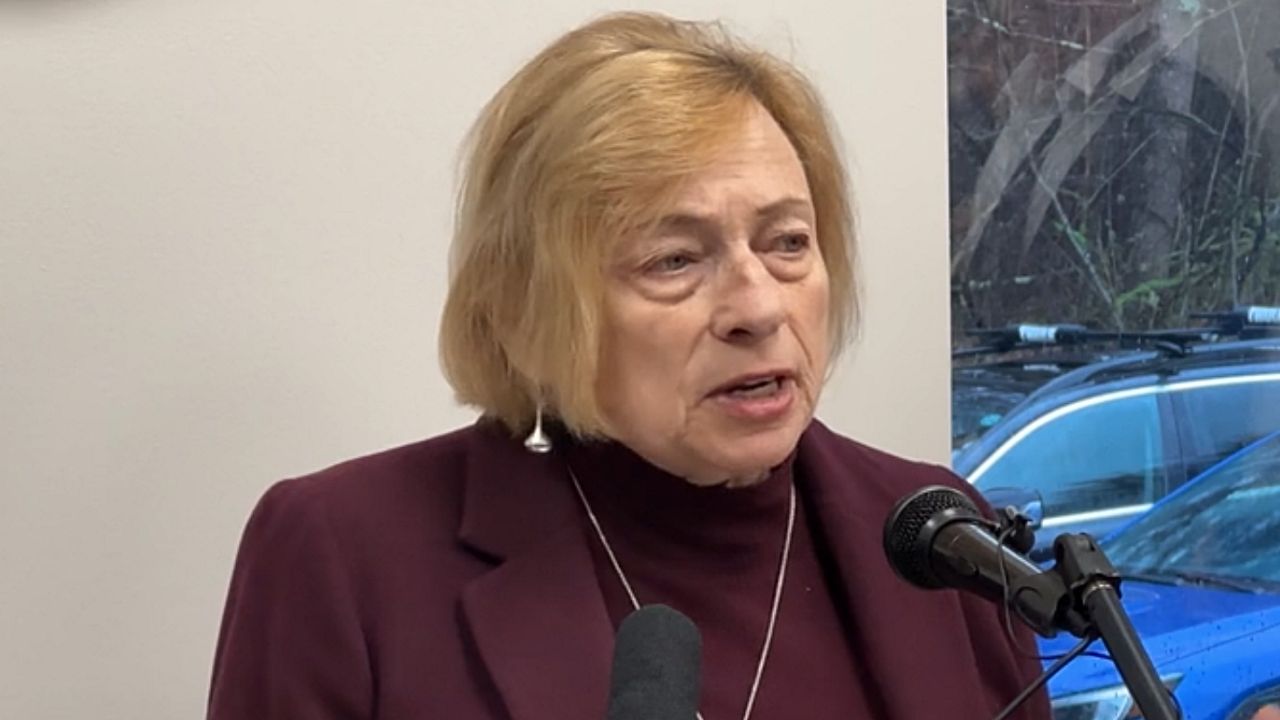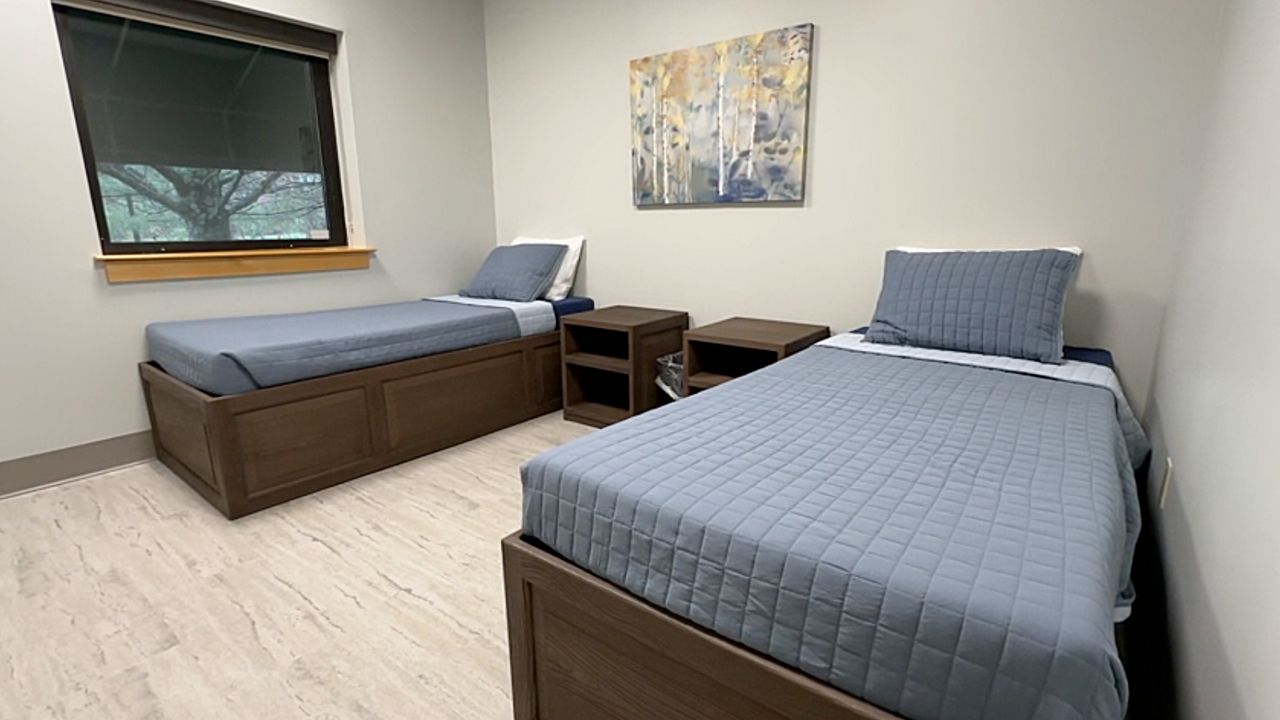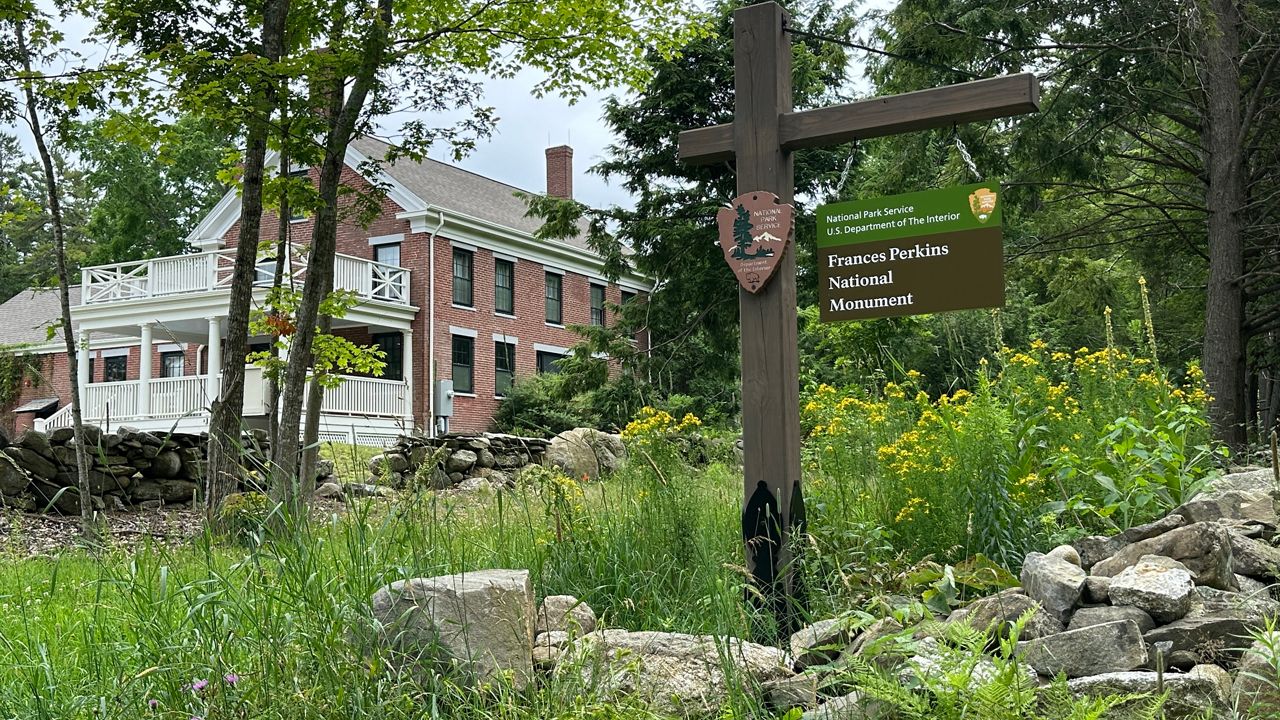Maine continues to add treatment beds for those struggling with substance use disorder as part of broader efforts to combat a disease that takes lives, breaks up families and impacts the state workforce.
“Substance use disorder has reached into every corner of our state,” Gov. Janet Mills said Thursday. “We read the headlines every day. We read about child deaths, we read about overdoses, fatal and nonfatal, we read about families disrupted and children in school who have difficult times because parents are addicted to some dangerous drugs.”
Mills joined more than two dozen others at Milestone Recovery in Portland, which is just weeks away from adding 14 new detox beds, nearly doubling capacity.
The state chipped in about $2 million for the project, with an additional $1 million from federal and local funds and private donors.
After years of record-setting overdose deaths, Maine saw its first decline last year when 605 people died, down from 723 in 2022.
In the first three months of this year, fatal overdoses are about the same as last year, with 144 dying in 2023 and 143 dying through March of this year, according to the Maine Drug Data Hub.
Nonfatal overdoses are down from 1,026 in 2023 to 947 this year.
The Milestone project started about three years ago when leadership at the nonprofit decided to expand, said Tom Doherty, executive director.
“If you imagine three years ago, we were coming out of the pandemic, there were no health care workers, and our board said ‘we need to do this the people in the community need this,’” he said.

As it is now, nurses and counselors turn away about 70% of the people who need detox services, he said.
“This project is going to allow us to say yes to a lot more of those people,” he said.
Statewide, the Mills administration has invested $6 million to increase the number of licensed beds for supervised withdrawal and treatment services. Those funds are a combination of state, federal and foundation grants, Mills said.
So far, they’ve added more than 90 treatment beds in the last few years, an increase of about 50%.
In the last six months, they’ve opened six beds in Bangor, 12 in Auburn, six in Windham, four in Limestone, two in Presque Isle and 20 in Portland, Mills said.
Moving forward, they anticipate adding 10 beds each in Washington and Androscoggin counties.
Mills said her administration is working with law enforcement to keep drugs out of Maine and has supported programs in schools to discourage teens from beginning to use drugs.
They’ve used $750,000 in state funds to add nine recovery coaches across the state and $1.25 million in federal funds to make naloxone, the overdose reversing drug, more readily available.
In addition, the state is spending $4 million to help pay for medication assisted treatment in county jails and $5 million to launch crisis receiving centers in Kennebec, Androscoggin, Aroostook and Penobscot counties.
“Detoxing from substance use disorder can be difficult,” Mills said. “Finding a safe place to start your recovery shouldn’t be difficult.”






)



